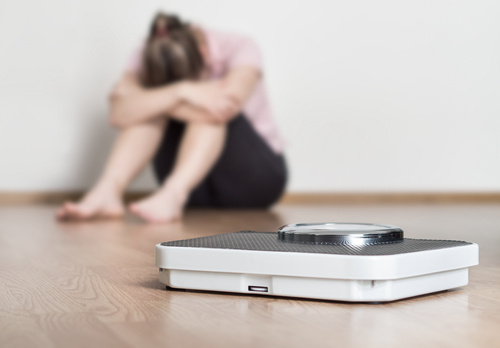Addiction To Sleeping Pills In Women
With everything that goes on on any given day, it is no surprise that it is not uncommon for women to experience difficulty sleeping. This can manifest as an inability to remain asleep throughout the night and/ or a difficult time falling asleep at night. When taken properly and under the direct supervision of a qualified medical professional, sleeping pills can be enormously helpful in treating persistent sleep disturbances. Abuse of sleeping pills can occur even if the medication is prescribed. Abuse of sleeping pills can occur in a variety of ways, such as a woman taking the sleeping medication that she was not prescribed, taking prescribed sleeping medication more frequently than directed, ingesting sleeping pills in a method other than prescribed, increasing the dosage taken without medical authorization and/ or mixing sleeping medications with other drugs and/ or alcohol. It is important to note that not every woman that is prescribed sleeping pills will inevitably go on to abuse them. According to the findings published by the Substance Abuse and Mental Health Services Administration (SAMHSA), adult women are at greater risk (5%) than men (3%) for developing an addiction to sleeping pills, which is a difference of nearly ten million people.
Addiction
Addiction, also known as substance use disorder, is listed in the Diagnostic and Statistical Manual of Mental Disorders, Fifth Edition (DSM-5) as a chronic, relapsing brain disorder. It is characterized by compulsively engaging in rewarding stimuli (i.e. drug-seeking behaviors and use) despite harmful consequences. Addiction can wreak havoc in all areas of one’s life, and an individual struggling with addiction will prioritize satisfying her drug cravings above all else. There are several contributing factors that can increase one’s susceptibility to developing an addiction (i.e. environmental factors, genetics, the drug of choice, if she abuses other drugs simultaneously, her personal health history, the presence of any co-morbid disorders, etc.). The reason behind why an individual develops an addiction remains unknown.
Types Of Sleeping Pills
There are two main categories of prescription sleeping pills that are currently used, which include: benzodiazepines and non-benzodiazepines. Benzodiazepines include medications that are not only used as sleep aids but also used to treat anxiety disorders. They work by interacting with the neurotransmitter GABA (gamma-Aminobutyric acid). The medication interacts with the neurons in one’s brain to suppress and calm down electrical excitement. Benzodiazepines have highly addictive qualities and if abused can quickly lead to addiction. Commonly known benzodiazepine medications include Ativan and Xanax. Non-benzodiazepines are sedative-hypnotic medications. They also work by interacting with the GABA, but primarily focus on and activate the receptors in one’s brain that have to do with sleep, instead of benzodiazepines that also target anxiety. Non-benzodiazepines are significantly less addictive than benzodiazepines. Hence, not all sleep aid medications are addictive.
For Information and Support
Substance abuse and addiction can be incredibly dangerous and can result in severe short and long-term consequences. If you or someone you know is suffering from substance abuse or addiction, please get help as soon as possible. The earlier you seek support, the sooner you and your loved ones can return to leading happy, healthy, and fulfilling lives. There is no reason to go through this alone, and we are here to help. Please feel free to reach out to us for further information or with any questions regarding substance abuse or addiction. We are available anytime via telephone at: 213-389-9964, or you can always email us at: info@friendlyhousela.org.



